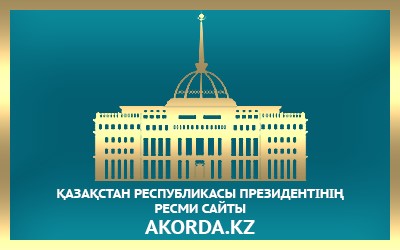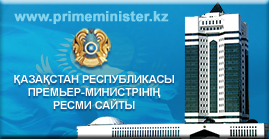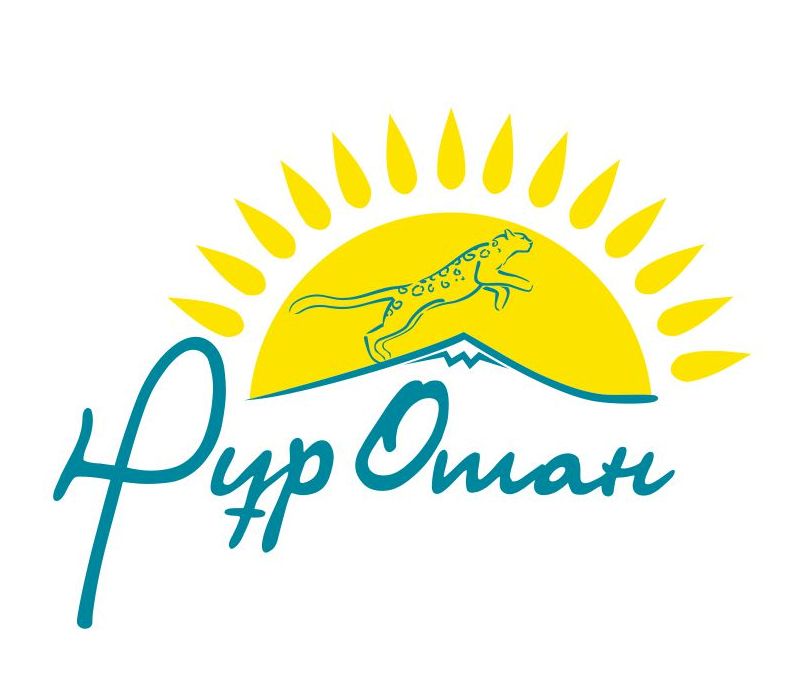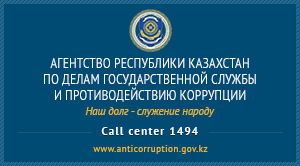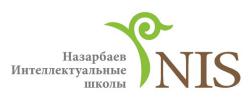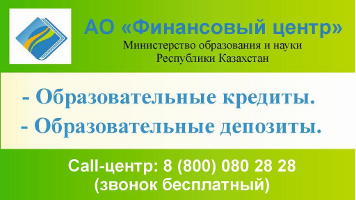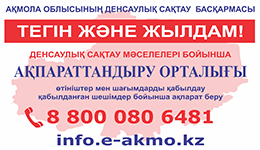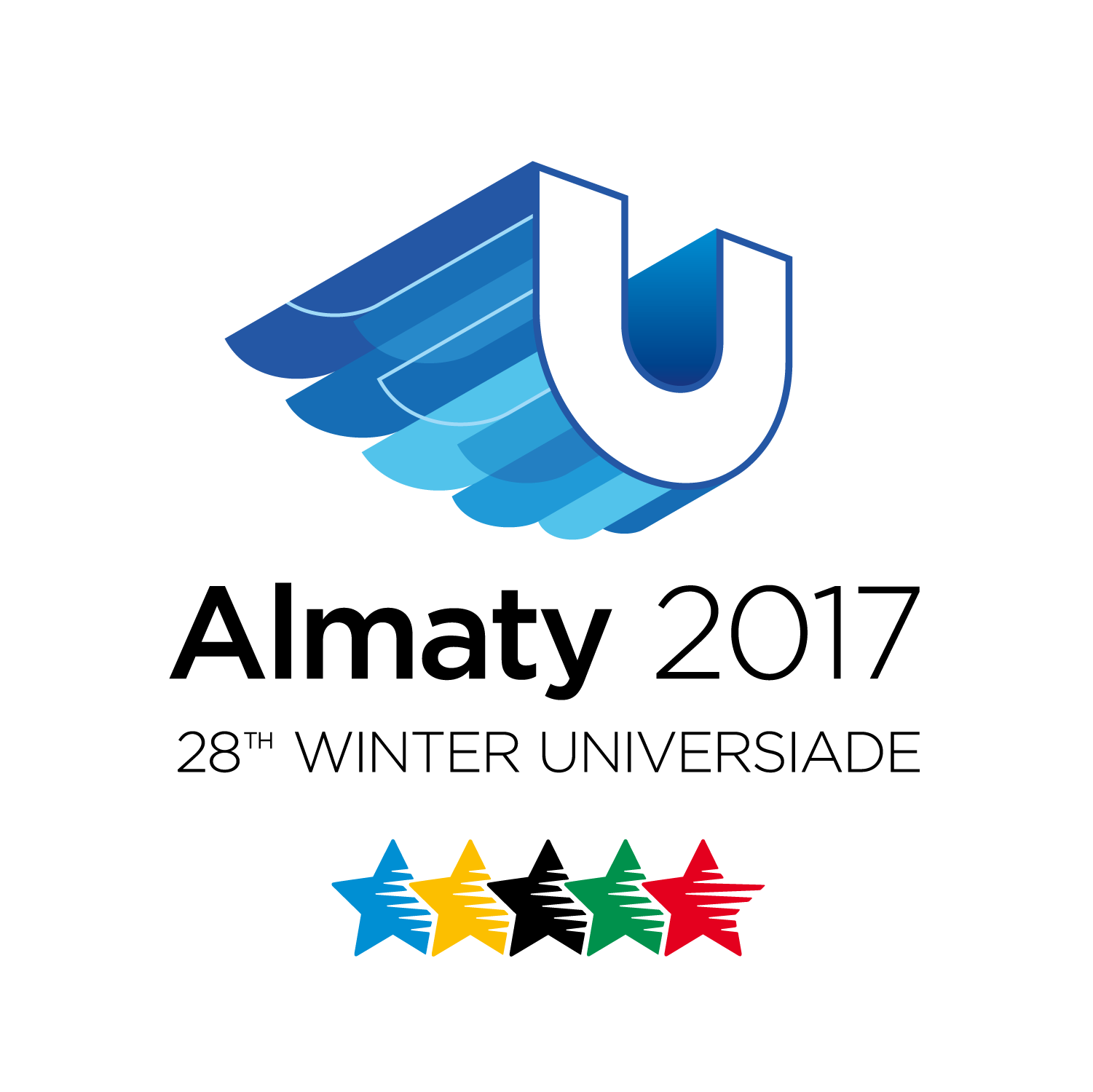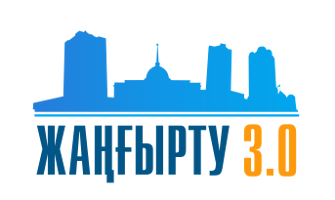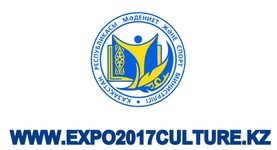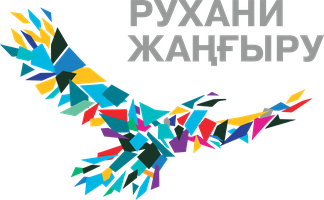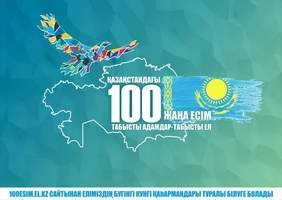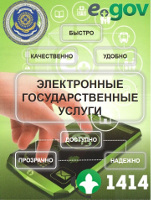
сабақ жоспары
 10.04.2019
10.04.2019
|
Short-term plan Unit 6: Traditions and customs |
School: Bereznyakovka S.S. |
|||||||
|
Teacher name:Satubaeva A.U. |
||||||||
|
Grade: 2a |
||||||||
|
Theme of the lesson: |
Special days |
|||||||
|
Learning objectives(s) |
2.S3 pronounce familiar words and expressions intelligibly; 2. R3 recognise and identify some familiar sight words from local environment; 2.UE9 use common present simple forms [positive, negative and question] to give basic personal information
|
|||||||
|
Lesson objectives |
All learners will be able to: -say numerals intelligibly -Name the main vocabulary words; -say names of some birthday items intelligibly Most learners will be able to: -name 80 % of the words correctly; -use them in their speech -respond to some questions about their birthday correctly Some learners will be able to: -say all the words correctly; - -use words in their speech;
|
|||||||
|
-produce words of birthday presents and narrate to the class |
||||||||
|
Success criteria |
Learners have met this learning objective if they can: -recognise all familiar sight words; -identify all familiar sight words; -do most of tasks correctly. |
|||||||
|
Value links |
Ls will work together as a group showing respect and being polite with each other, respect to the traditions and customs |
|||||||
|
Cross curricular links |
Primary Science |
|||||||
|
ICT skills |
PPT, Video, the use of whiteboard |
|||||||
|
Previous learning |
Traditions and customs |
|||||||
|
Plan |
||||||||
|
Planned timings |
Planned activities
|
Resources |
||||||
|
Beginning
15 mins
|
Learners are introduced the LOs. Checking of the home task. Warm up Teacher introduces idea of greetings on special days and projects PPT of greetings to elicit/teach greetings for special occasions : Birthday, Holidays, best wishes
|
PPT |
||||||
|
Middle
10 mins
|
Greeting T:
S:
Warm up activity "One, two, three..." It is a competition, on the blackboard the teacher draws a large circle and enters the number in it in a scattered order, calls two students to the board. Other students name different numbers, the students at the board must find those numbers and cross. The student who finishes the task first and quickly will be the winner.
Pupils recognize a new question.
PAIR WORK Pupils respond to some information questions about their birthday correctly.
Video Gogo Learners watch video. Learners walk round the class and ask each other the question “How old are you? |
How old are You - Gogo
|
||||||
|
10mins
End 5 mins |
Introducing new words
Mini book creation
Ask learners to swop their books and check if the words are written correctly Differentiation by support: Less able learners work with teacher’s assistance.
Reflection Teacher gives her comments about students work and awards students giving images of different smiles
|
PPT
Mini book worksheet
|
||||||
|
Additional information |
||||||||
|
Differentiation – how do you plan to give more support? How do you plan to challenge the more able learners? Support for weaker students: working in pairs/groups, phrases Challenges for moreable students: Encouraged to do more writing; assist weaker students. |
Assessment – how are you planning to check learners’ learning? FA Monitoring Checking the task Feedback on the work |
Health and safety check Ph.Training |
||||||
|
Differentiation can be by task, by outcome, by individual support, by selection of teaching materials and resources taking into account individual abilities of learners (Theory of Multiple Intelligences by Gardner). Differentiation can be used at any stage of the lesson keeping time management in mind
Pair work, group work
|
Health promoting techniques Breaks and physical activities used. Points from Safety rules used at this lesson. |
|||||||
|
Reflection
Were the lesson objectives/learning objectives realistic? Did all learners achieve the LO? If not, why? Did my planned differentiation work well? Did I stick to timings? What changes did I make from my plan and why?
|
Use the space below to reflect on your lesson. Answer the most relevant questions from the box on the left about your lesson. |
|||||||
|
|
||||||||
|
Summary evaluation
What two things went really well (consider both teaching and learning)? 1:warming up activity What two things would have improved the lesson (consider both teaching and learning)?
2:reading task
What two things would have improved the lesson (consider both teaching and learning)? 1:The second and third activities worked well because pupils playing
2: The first activity improved the lesson because pupils listen and colour the .numbers. What have I learned from this lesson about this class of individuals that will inform my next lesson?
The learners playing and sing a song. I think that a planned differentiation worked well because pupils have learned to count 1 to 10.
|
||||||||

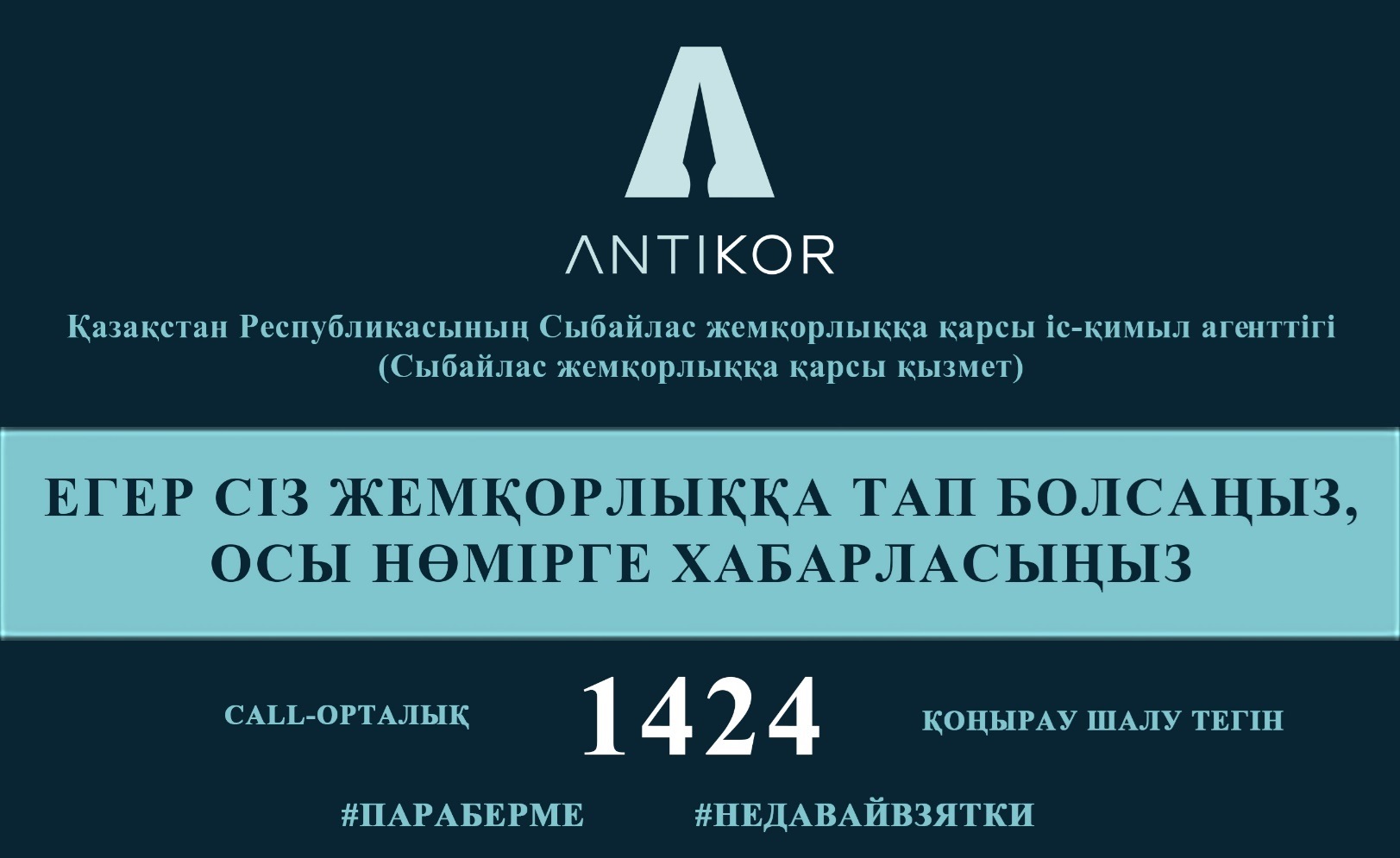
 Мектепке дейінгі балалар ұйымына жолдама қалай алуға болады
Мектепке дейінгі балалар ұйымына жолдама қалай алуға болады
 Мектепке тіркеу үшін құжаттарды қабылдау
Мектепке тіркеу үшін құжаттарды қабылдау

